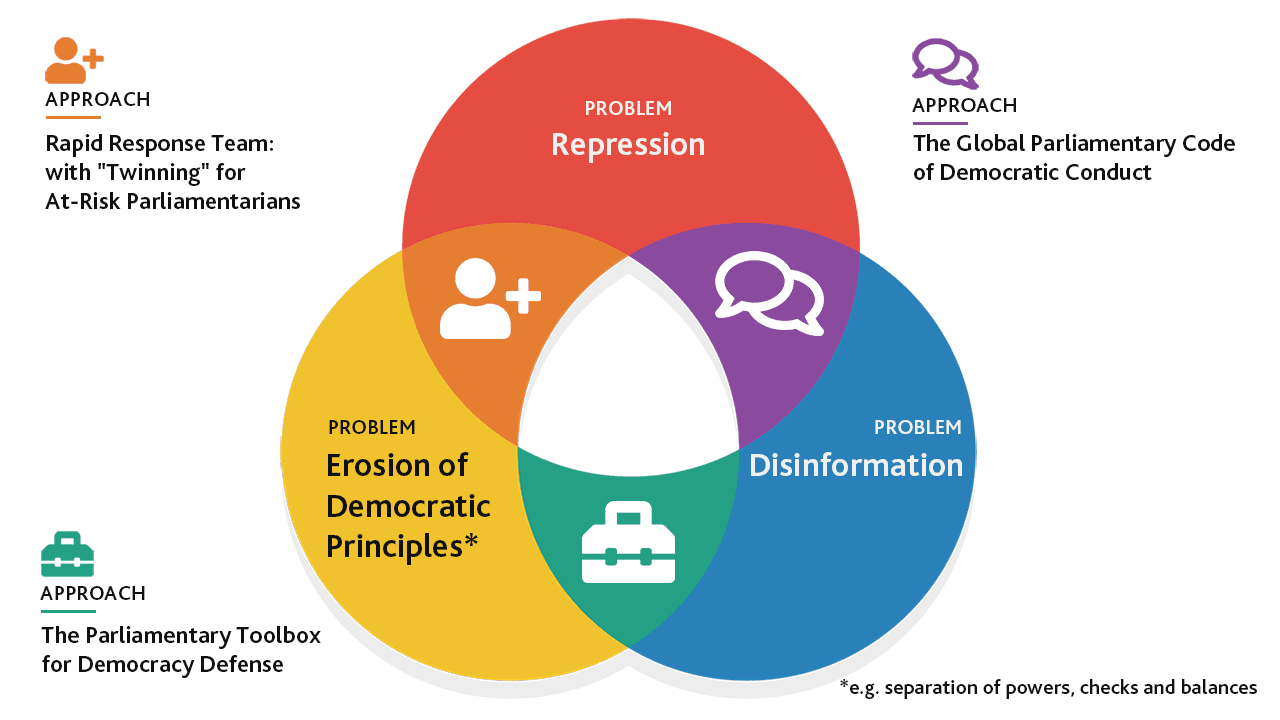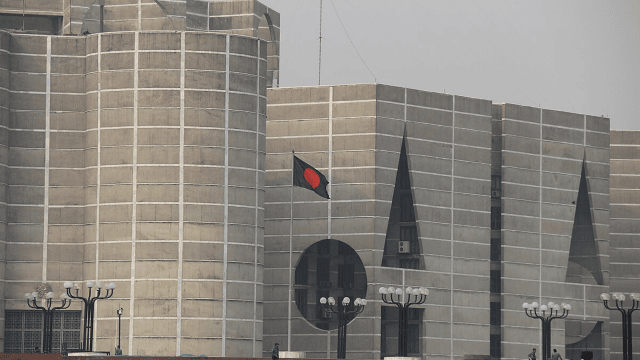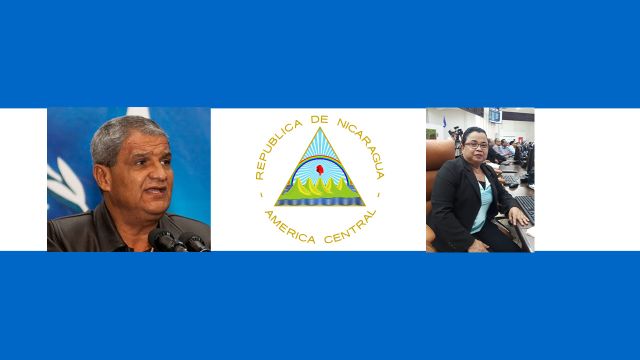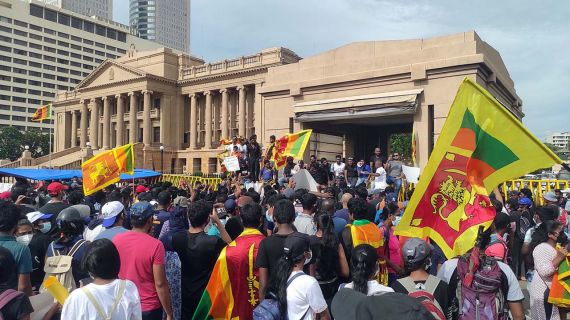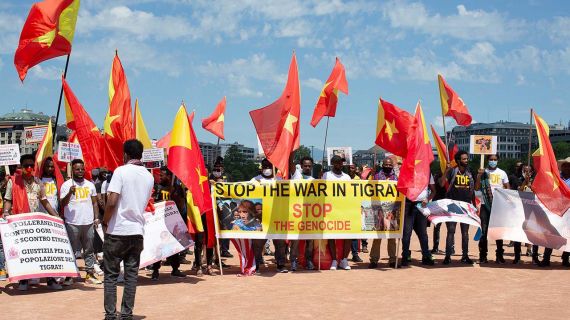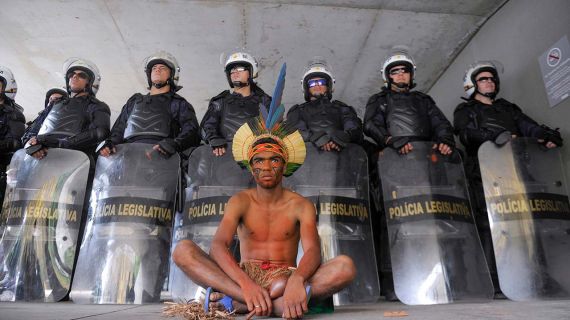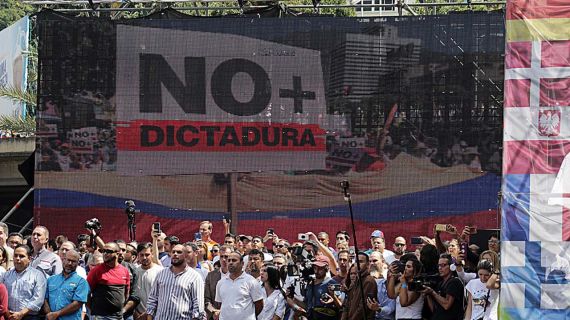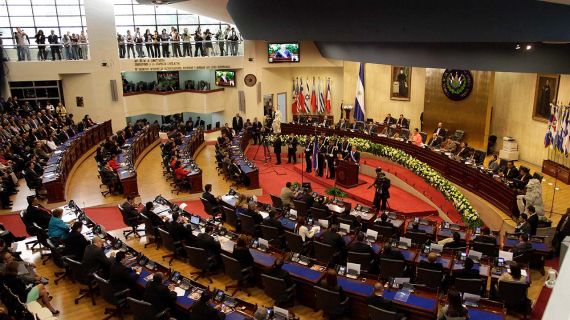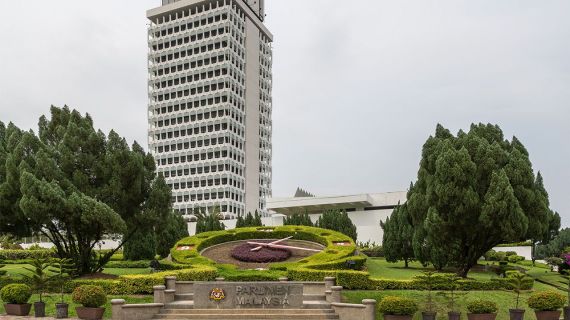In recent years, an increasing number of members of parliament, journalists, and social leaders have been repressed and jailed by the Venezuelan government based upon their convictions.Types of Threat:
Context
Organizations such as the International Institute for Democracy and Electoral Assistance (IDEA) have noted the rapid deterioration of democracy in Latin America in recent years, characterized by authoritarian measures adopted by several governments in the region. Even against this backdrop, the case of Venezuela is particularly worrying.
Since former President Hugo Chávez, of the United Socialist Party of Venezuela (PSUV), rose to power in the 1999 elections more than two decades ago with his platform of so-called “Socialism of the 21st Century,” he has sought to close social gaps and reduce the country’s poverty. However, the repressive policies implemented by Chávez and his successor, Nicolás Maduro, over the last decades have considerably exacerbated social inequality, poverty, crime rates, political repression, and democratic backsliding.
According to a 2019 report prepared by the Office of the United Nations High Commissioner for Human Rights (OHCHR), the protracted social, political and economic crisis in Venezuela has contributed to an unprecedented exodus of emigrants dispersed throughout the continent and has sparked strong waves of civilian protests demanding political change, increased access to food and basic goods, and greater security in the face of a steadily increasing murder rate in recent years.
Reports by such organizations as Human Rights Watch reveal that the government’s crackdown has entailed serious human rights violations of street protestors, as well as hundreds of fatalities; alleged extrajudicial executions by the Venezuelan security forces; and the arrest and incarceration of nearly 400 political prisoners.
In recent years, an increasing number of members of parliament, journalists, and social leaders have been repressed and jailed by the Venezuelan government based upon their convictions. Currently, Deputies Juan Requesens, Renzo Prieto, Tony Geara, and Gilber Caro are in prison and Deputy Ismael León is under house arrest.
According to Dep. Armando Armas, Chairman of the Venezuela National Group of Parliamentarians for Global Action (PGA), the trials of these individuals were both illegal violations of their due process rights and other guarantees under Art. 49 of the Venezuelan Constitution. Recently, on June 16, 2020, the Venezuelan Supreme Court of Justice – seen as an ally and executor of the government – unilaterally ordered to depose two main opposition political leaders in an act that sought to avoid the collapse of the PSUV ahead of the parliamentary elections that will take place this December.
Since President Nicolás Maduro’s election in 2013 – despite claims of illegitimacy by opposition leader Henrique Capriles – the economic, social, and institutional crisis in the country has intensified by leaps and bounds.
The 2018 presidential elections were again marked by alleged irregularities and attacks on democratic institutions, including disqualification of several presidential candidates, impeded participation by opposition parties, and diminution of the constitutional powers of the Constituent Assembly to set the date for elections.
Various international and regional organizations, including the OHCHR, the European Union, and the Organization of American States, rejected the credibility of the election process and legitimacy of its results due to these incidents and overarching lack of transparency and compliance with national regulations. The elections also had the highest abstention rate in Venezuela’s history. Both the National Assembly and various governments around the world issued joint communiqués in which they publicly rejected Maduro’s appointment and declared the usurpation of the Presidency of the Republic.
Today, the dictatorship continues to oppress and co-opt the powers in Venezuela. More than ever, we must protect the prerogatives of the National Assembly of Venezuela as the last democratic vestige in the country, and reject and annul the spurious decisions of the illegitimate Supreme Court of Justice and National Electoral Council. Luis Leonardo Almagro
Secretary-General of the Organization of American States
Faced with the seriousness of the situation, the newly elected president of the National Assembly, Juan Guaidó, led a peaceful motion in 2019 to form a transitional government, hoping to put a halt to decades-long political and social repression. Nonetheless, despite wide recognition of his mandate by various Latin American and EU countries, Guaidó’s self-proclamation as interim president of Venezuela has not been sufficient to oust the dictatorial regime imposed by Maduro. On the contrary, Maduro continues to “lead” the country under authoritarian conditions that reveal the multiple shortcomings of this form of government.
This precarious situation has raised the alarm worldwide. In 2018, the International Criminal Court (ICC) announced the opening of a preliminary examination into the alleged commission of crimes against humanity in Venezuelan territory, after a group of States Parties to the Rome Statute, comprised of Argentina, Canada, Colombia, Chile, Paraguay, and Peru, referred the situation to the Court.
Failing to reduce the deficit or address the humanitarian and political crisis in the country, Maduro has opted instead to deny the situation, blaming the government of the United States and other capitalist countries for initiating a political and economic war against Venezuela. His government not only refuses to accept a reality that is more than evident but also begins to exert greater control over the population, breaching fundamental rights.
Together with the Chinese telecommunications giant, ZTE Corp, Maduro has rolled out a new Smart-ID card known as the Carné de la Patria, or “Fatherland Card,” through which sensitive data from cardholders is transmitted to government computer servers. Additionally, this identification card monitors the economic behavior of citizens and digitalizes information of a private nature that is later used for purely political purposes. Examples of the data collected include employment and income, property owned, medical history, state benefits received, presence on social media, political party affiliation, and whether a person voted or not.
PGA's Perspective
“In Venezuela, there is no independence of the Judiciary. Currently, a group of parliamentarians elected with the mandate to represent the people, are instead looking for ways to block reforms that seek to guarantee greater transparency and democracy. The regime oppresses the opposition and all those who go against it.
There are currently more than 400 political prisoners, of whom five are parliamentarians: Ismael León, Tony Geara, Juan Requesens, Renzo Prieto, and Gilber Caro. Mr. Prieto and Mr. Caro have already spent four and two years incarcerated, respectively. In Venezuela, there are more than 30 parliamentarians elected by popular vote who are in exile due to political persecution. Two-hundred and seventy-three Venezuelans have been assassinated for defending the principles of freedom and democracy.
The justice system of the regime does not seek to protect citizens, but only the most powerful. It is necessary to take timely and preventive legal measures to reverse the situation and guarantee democratic values. As legislators, we have the capacity and responsibility to lead and influence our colleagues and citizens to avoid tragedies like the current situation in Venezuela. Dep. Armando Armas, MP Venezuela
Chairman of PGA’s National Group in Venezuela
Member of the Venezuelan National Assembly.
Maduro’s government, and the institutions he has molded for his own benefit, have implemented a strategy aimed at neutralizing, repressing, and criminalizing opposition leaders, dissidents and anyone who dares to oppose his regime.
The cumulative repressive laws, policies, and practices implemented during the Chávez administration, notably intensified with Maduro’s regime, have significantly reduced the democratic space in Venezuela, facilitated the persecution of parliamentarians, allowed the backsliding of the Rule of Law and led to the violation of fundamental human rights.
Although Hugo Chávez was “democratically” elected in the wake of the famous “Caracazo” uprising, he laid the foundations of a dictatorial regime that has incrementally dismantled democratic principles and values and degraded the Rule of Law. Both former President Chávez and Maduro have found ways to diminish the principles of check and balances, equality before the law, and separation of powers. The judiciary in Venezuela has surrendered to authoritarianism; the power of the opposition has been neutralized in; freedoms of the press and expression restricted; and the sources of economic production, in a country with an important wealth of natural resources, have progressively been destroyed. The COVID-19 pandemic has further aggravated the pre-existing health emergency as a consequence of the lack of access to essential medicines and potable water, while also favoring the amass of power in the executive branch of the State.
Under these pressing circumstances, PGA urges the government of Venezuela to reestablish democratic order in the country, respect the integrity and autonomy of governance institutions, and guarantee the principles of the Rule of Law. It is of utmost importance to ensure a clear separation of powers so the State’s institutions can function as enshrined in the Constitution and the rights of citizens and parliamentarians are safeguarded.
Political diversity must be encouraged and facilitated to enable a greater wealth of knowledge, representation, and participation for the Venezuelan people. Finally, attacks on legislators must be met with sanctions and decried as attacks on democracy itself, as parliamentarians constitute the democratic branch closest to the people.





